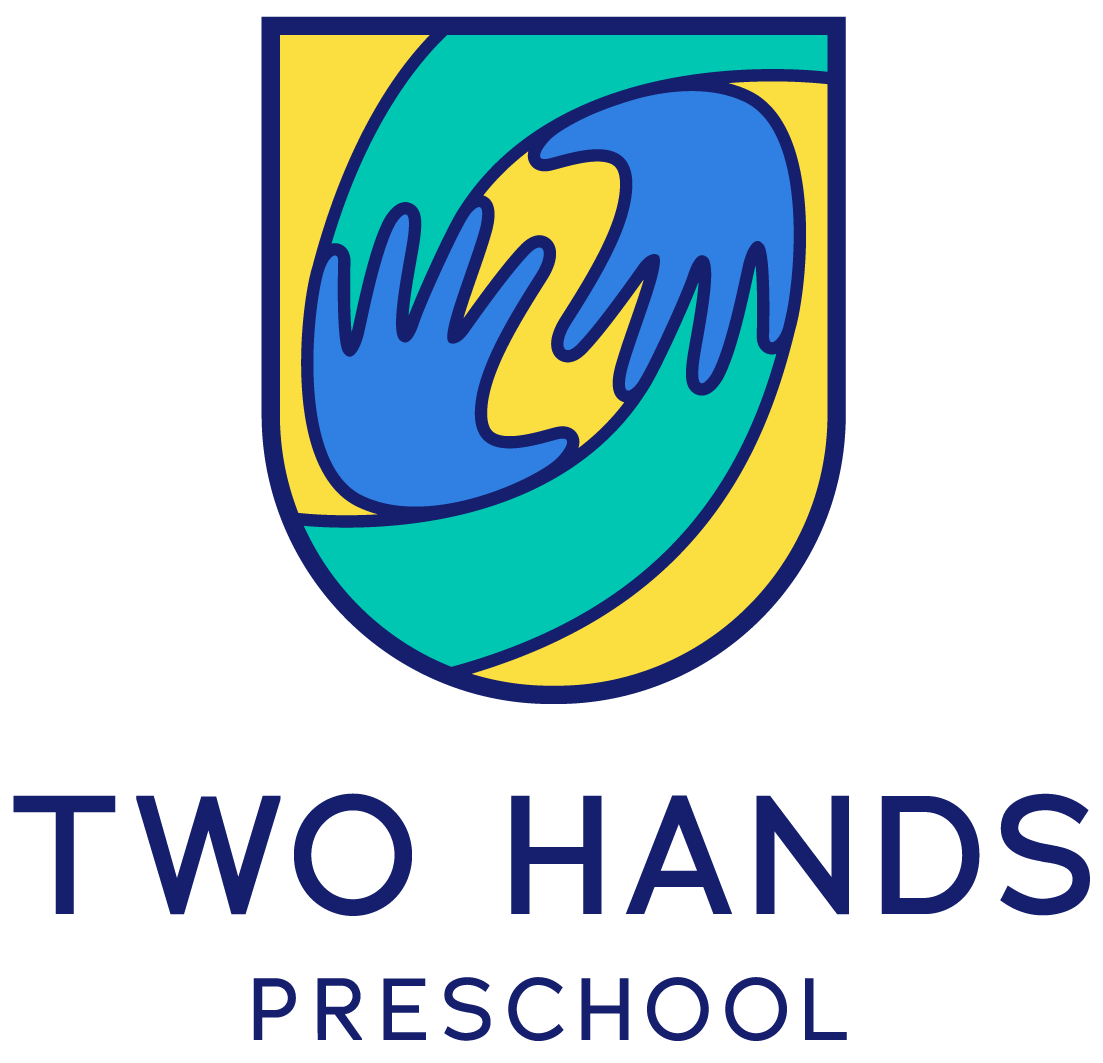Learning to write: your child’s journey
Writing is a vital, lifelong skill. In primary and secondary school many areas of the curriculum are assessed through writing, so strong writing is one of the keys to academic success. Amongst adults, the ability to write well is one of the marks of an educated person and one of the most sought-after skills by higher education providers and employers. Preschool education has a big role to play in laying the foundations for writing development. This article will outline what this should involve – and what it should not!
Let’s start by imagining a group of three preschool children in the playground. One child is scrambling up the climbing frame and hanging from the monkey bars. Another is following around a grown-up asking them questions and telling them every last detail about their day so far. The third is sitting quietly with a piece of paper and a felt-tip, drawing shapes and colouring them in neatly. Which one do you instinctively think would be most successful if they are asked at preschool to sit at a table and trace the letters of their name?
Yet the truth is that in this scenario all three children are developing crucial foundational skills for writing.
Writing is a highly complex process
There is much more to writing than holding a pen or pencil and forming letters. Consider everything someone must be able to do in order to write well. First, they need to have something to say. And they need to be able to say it using a rich vocabulary and in the correct sentence structure. They need to understand the concept of writing, that marks have meaning and letters represent sounds. Furthermore, they need phonological awareness, which is the ability to recognise and work with sounds in spoken language, in order to spell. In terms of physical development, they need enough core strength to sit in the correct posture and isolate the muscles in their arm, hand and fingers necessary for writing. They also need sufficiently developed hand and finger control and strength to hold a pencil or pen correctly and form letters. Finally, they need motivation to write and the ability to concentrate for periods of time in order to write.
Laying strong foundations for writing at preschool
Preschool education should not involve rushing children to write letters using a pen or pencil. Some may succeed at aged 3 or 4. Others may not. Those who do succeed are not more likely to become effective writers in the long-term - unless they have also developed all the other necessary skills for writing.
For children to have the best chances of becoming good writers in the future, preschool education should help them develop strong foundations for writing in all the areas outlined above. This can include (but is not limited to):
Reading stories, singing nursery rhymes, talking to children 1:1, modelling correct sentence structure and using a rich vocabulary
Activities such as playing with playdough, completing puzzles, threading, scrunching paper, using big tweezers, wooden pegs or other tools to develop finger strength and control
Climbing, throwing, catching and any other activity which develops gross motor skills and builds core strength
Encouraging children to put on their socks and shoes so they learn to use one side of their body without moving the other
A wide range of mark-making activities, such as using chalk on the ground or walls, using fingers to make marks in sand or foam, painting, gluing and using crayons. These should vary in scale, size and type.
Role-play activities which involve opportunities to write, such as working in an office or writing a shopping list
Modelling writing by recording their ideas during play, making signs together or writing labels
Sharing children’s mark-making attempts with parents and carers to build confidence and self-esteem
Supporting your child’s journey at home
As parents, you can now rest assured that whether you are taking your child to the playground, talking to your child or showing that you value their mark-making efforts, you are contributing to their journey towards becoming a writer. Look out for opportunities for your child to see you writing and if possible, invite them to contribute. You could, for example, write a birthday card together with your child telling you the message and you writing it down.
We should remember that it is important for all children to enjoy the process of learning to write and this is more likely to happen if we do not rush them in their early years. A comprehensive survey from the National Literacy Trust in 2021 found that only 1 in 3 children and young people said that they enjoy writing. This is the lowest level of writing enjoyment we have recorded since the survey was first run in 2010. Yet their other survey of nearly 50 000 children and young people aged 8 to 18 in the UK found that children who enjoy reading and writing are happier with their lives.
“At Two Hands Preschool, we know children won’t learn well unless they enjoy learning. We are confident that our educational approach, which is grounded in the latest research in early years learning and has play and rich experiences at its heart, will set your child up to become a writer for life. ”











